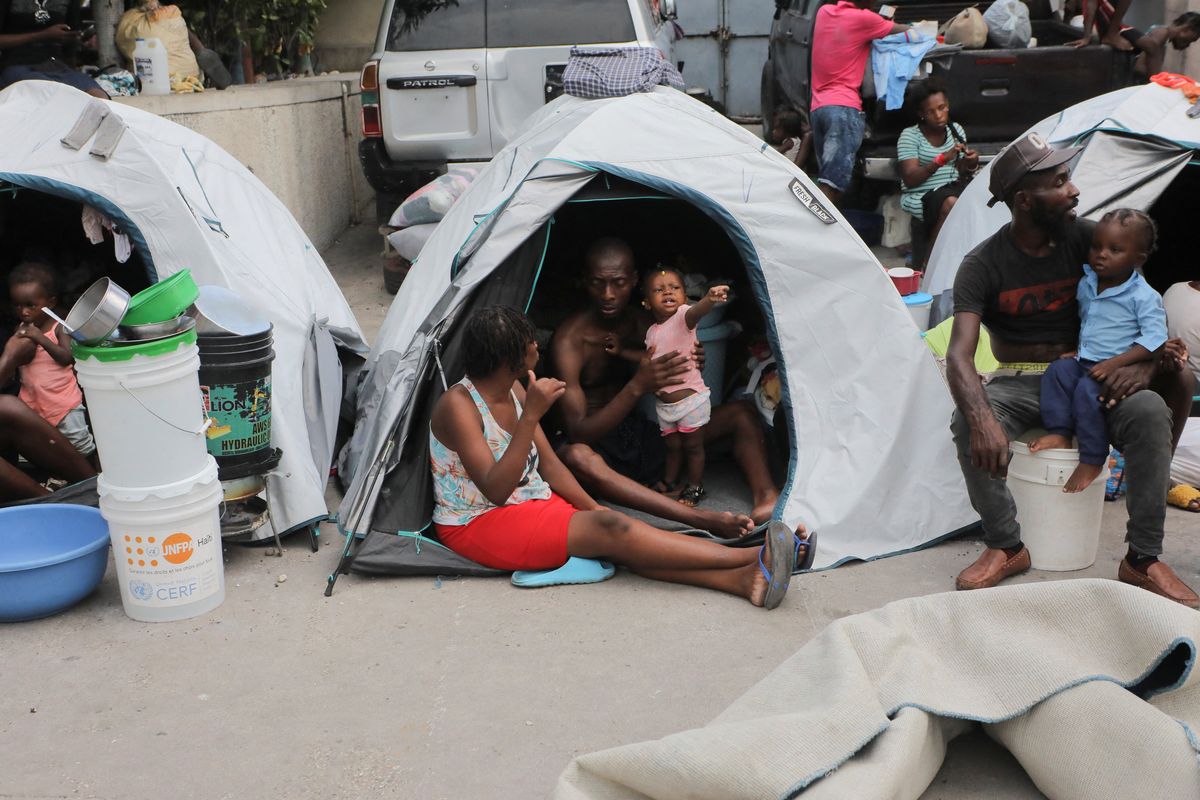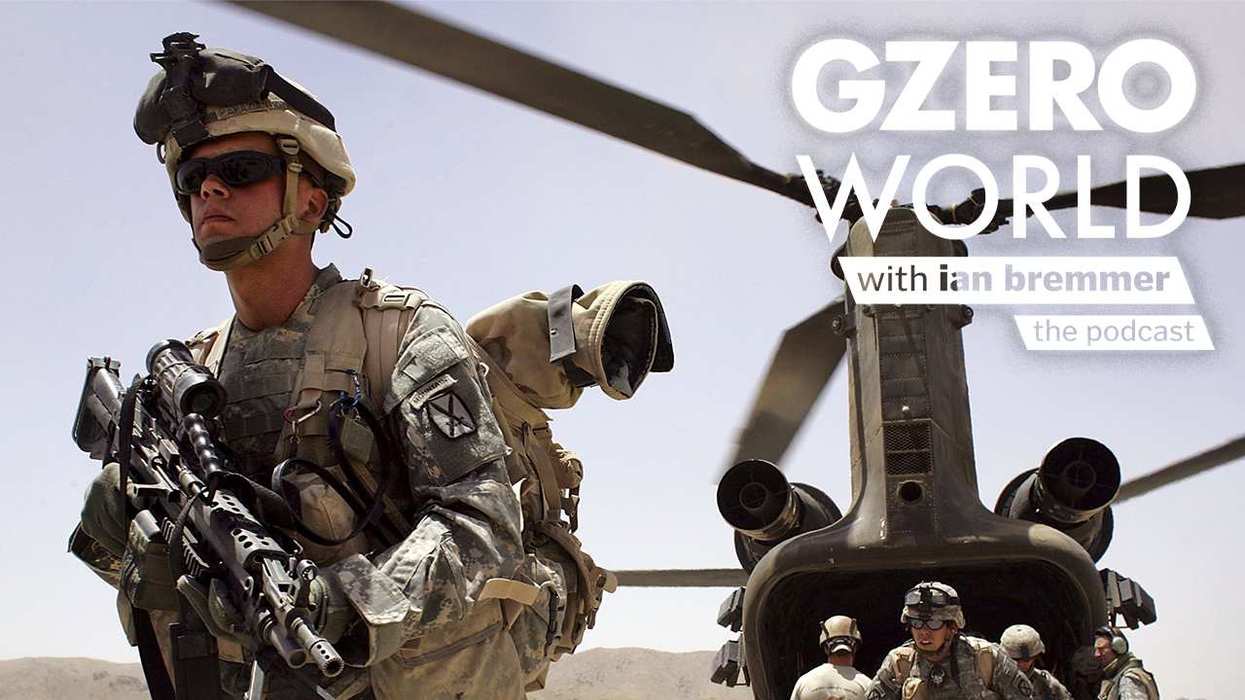The Dominican Republic has suspended all new visas for Haitians, and threatened to close the border with its neighbor entirely by Thursday unless a dispute over water rights is resolved before then.
Workmen in Haiti have recently been spotted building a canal that diverts the waters of the Dajabon River, which forms part of the border. The Dominicans say this violates international agreements on sharing the water, and want Haiti to stop the construction.
Haiti-DR tensions have risen over the past year. Haiti’s deepening political and economic crisis has driven more Haitians to seek refuge in their eastern neighbor. Citing concerns about the Dominican Republic’s ability to absorb refugees, Dominican President Luis Abinader has sent troops to the frontier, expelled tens of thousands of Haitians and people of Haitian origin, and begun construction of a border wall.
Closing the border wouldn’t just shut out refugees. It would also exacerbate Haiti’s economic suffering – last year, nearly a quarter of the goods that Haiti imported came from the Dominican Republic.
Can Haiti even do what the DR is asking? The Haitian government of Ariel Henry – who took over after the assassination of President Jovenel Moise in 2021 – is weak and deeply unpopular. With gangs controlling nearly 80% of Port-au-Prince, does Henry even have the ability to enforce his will 120 miles away in Dajabon? We have about 24 hours to find out.



















